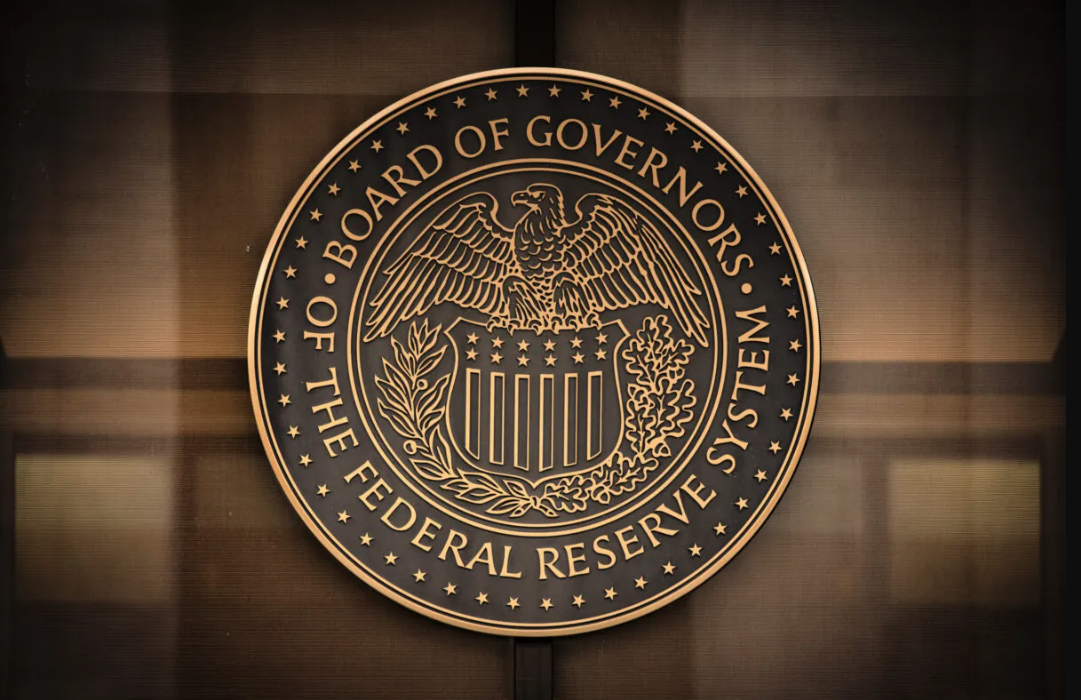 There has been an enormous amount of attention being paid to the BRICS Nations and its attempt to create a common currency and change the global monetary system. But is that really possible, and what would it take to pull off something like that? Building a common currency for BRICS nations is a daunting task that would require significant coordination, cooperation, and trust among the member countries. The economic, political, and social differences between the countries could pose significant challenges, and it would take many years to overcome these obstacles. Some of the main challenges include agreeing on a unified monetary policy, managing exchange rate fluctuations, and ensuring public acceptance. Moreover, establishing a common currency requires a high degree of political will and trust among the member countries, which can be difficult to achieve. Therefore, building a common currency for BRICS nations is a long-term goal that will require significant effort and commitment from all parties involved.
There has been an enormous amount of attention being paid to the BRICS Nations and its attempt to create a common currency and change the global monetary system. But is that really possible, and what would it take to pull off something like that? Building a common currency for BRICS nations is a daunting task that would require significant coordination, cooperation, and trust among the member countries. The economic, political, and social differences between the countries could pose significant challenges, and it would take many years to overcome these obstacles. Some of the main challenges include agreeing on a unified monetary policy, managing exchange rate fluctuations, and ensuring public acceptance. Moreover, establishing a common currency requires a high degree of political will and trust among the member countries, which can be difficult to achieve. Therefore, building a common currency for BRICS nations is a long-term goal that will require significant effort and commitment from all parties involved.
The goal of BRICS, which stands for Brazil, Russia, India, China, and South Africa, is to promote cooperation and collaboration among these five emerging economies. The overarching goal of BRICS is to promote the development of its member countries and to create a more just and equitable world order. To achieve this, BRICS focuses on strengthening economic ties, increasing trade and investment, promoting innovation and technology transfer, enhancing cultural and academic exchanges, and advocating for a more fair and inclusive global governance system.
There is currently no plan for BRICS to adopt a common currency like the Euro. BRICS and the Eurozone have different economic structures and face different challenges. While the Eurozone is a monetary union comprising 19 EU countries with a high degree of economic integration, BRICS is an economic grouping of five large emerging market economies that are at different stages of economic development. Moreover, the Eurozone has been in existence for over two decades, while BRICS was only established in 2009, and its economic cooperation has been primarily focused on trade and investment rather than currency union.
While some BRICS countries have discussed the idea of creating a common currency in the past, there are several difficulties and challenges associated with creating a common currency, some of which include:
Economic Divergence: The participating countries may have different levels of economic development, inflation rates, fiscal policies, and exchange rate regimes, making it challenging to create a unified monetary policy that suits everyone’s needs.
Loss of Monetary Independence: Adopting a common currency would require the participating countries to give up their monetary sovereignty and entrust their monetary policy to a supranational authority, which could potentially limit their ability to pursue independent economic policies and decision-making.
Political Will and Cooperation: The participating countries must have a high level of political will and cooperation to establish and maintain a common currency. This requires significant trust and coordination among the member states, which can be challenging given their geopolitical differences, historical rivalries, and varying levels of economic and political development.
Exchange Rate Stability: The participating countries must also ensure that the exchange rates between their national currencies and the common currency remain stable, which requires a robust mechanism for managing exchange rate fluctuations and maintaining the value of the common currency.
Public Acceptance: The adoption of a common currency also requires the support and acceptance of the public, who may have concerns about losing national sovereignty, the impact on their daily lives, and the potential risks associated with adopting a new currency.
Overall, could the BRICS Nations build a common currency? Maybe. However, creating a common currency requires a high level of political, economic, and social integration among the participating countries. While it can bring benefits such as increased trade, investment, and economic stability, it also poses significant challenges and risks that must be carefully considered and managed.



